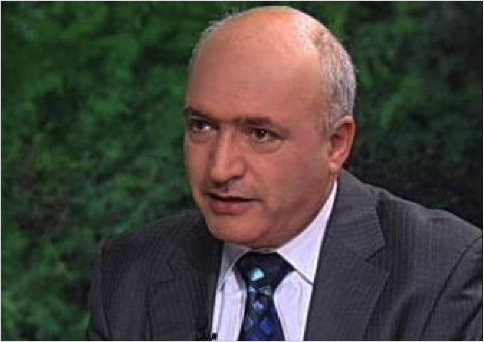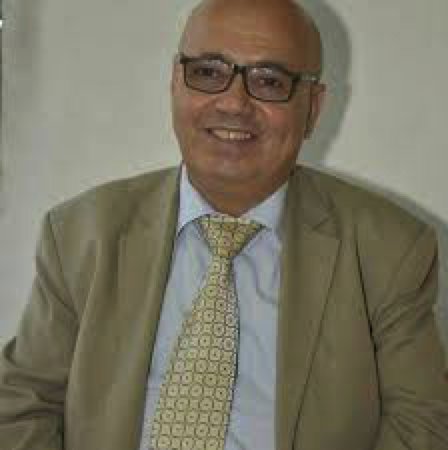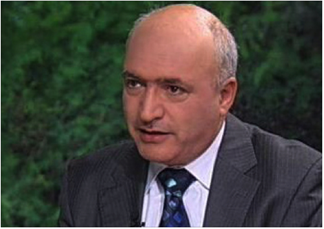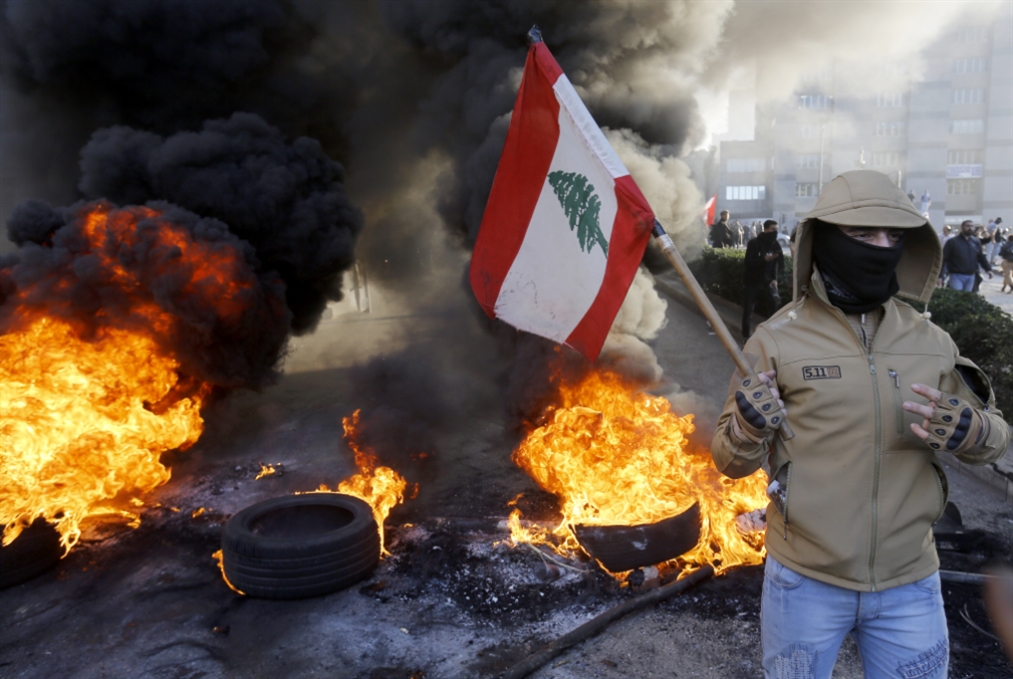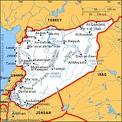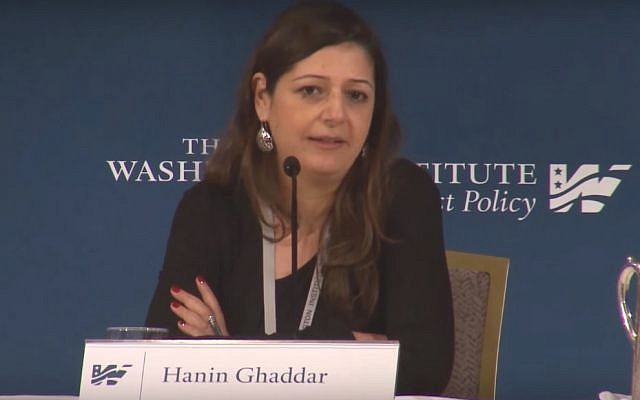
When confronted with international appeals for humanitarian aid due to the ongoing crises in Gaza and Yemen, the United States and the United Kingdom have chosen instead to turn Yemen’s Red Sea and the Gulf of Aden into a combat zone, initiating an ariel bombing campaign against the war-torn country already suffering immensely from nine years of deadly conflict spearheaded by Saudi Arabia and backed by the U.S.
For weeks, U.S. and British naval vessels have been perched on the outskirts of Yemen’s territorial waters in the Red Sea, not only to protect ships carrying goods to Israel but to launch a series of airstrikes against Yemen, the poorest country in the world. In recent weeks, at least 320 airstrikes have been launched by warplanes that seem never to leave the skies over Yemen’s major cities. The latest strikes hit Friday morning, targeting Al-Jabana, Al-Taif, and Al-Kathib and followed renewed calls by U.S. officials for regional actors not to escalate conflict in the Middle East.
According to Yemeni citizens who spoke to MintPress, the U.S. bombing campaign, which has struck targets in crowded residential neighborhoods, is the last thing that Yemenis expected. Twenty-seven-year-odl Ibrahim al-Nahari lives with his family near Hodeida International Airport, which was targeted by US airstrikes on Monday afternoon. He said of the bombings: “I never expected we would be attacked because of our solidarity with hungry people in Gaza. Are these America’s morals?”
Last Monday, U.S. airstrikes targeted Yemen’s Al-Katnaib Coast Park, frequented by hundreds of visitors daily, and not only caused damage to nearby homes, hotels and shops but spread panic and fear among civilians. “We need food and medicine, not the ugly American bombs that we have tasted for nine years,” Al-Nahari told MintPress, waving a Palestinian flag at a massive demonstration in support of Gaza on Friday in central Hodeida.
Al-Nahari was among tens of thousands who took to the streets of Hodeida on Friday to condemn U.S.-British attacks on their country and renew their support for the Palestinian people. Massive protests featuring hundreds such as these have become a hallmark in Yemen’s northern provinces and beyond since Israel launched its attack on Gaza following Hamas’ surprise attack on October 7, 2023. In Al-Sabeen Square, south of the capital, Sanaa, officials estimate that an area of 100,000 square meters was packed with demonstrators standing shoulder to shoulder to express their outrage.
“We came here to prove that Palestine is the cause of the Yemeni people, and the world must know this,” Malik Almadani, a prominent writer and human rights activist, told MintPress. “We will not stop the demonstrations, and we will continue weekly. It is our sacred duty, rooted and deep in our souls,” he added. Almadani sees Palestine as a cause dear to Yemen’s people, not something that any authority in the country has the authority to negotiate on their behalf. He warned Western powers that any ground invasion of Yemen due to its support for Gaza would be a war against all of Yemen’s people, not against an institution, state, or party.
RED SEA TENSIONS ESCALATE
U.S. and British leaders have repeatedly stated that their bombing campaign in Yemen is intended to end Ansar Allah’s (known in the West as the Houthis) attacks on international shipping and naval vessels. They claim the strikes are necessary to limit the Houthis’ ability to launch further attacks. Yet, there is little to suggest the attacks are having their intended effect. Ansar Allah has maintained that U.S. and UK strikes have not achieved their military objectives and have done little more than incite terror in the hearts of Yemeni civilians. Indeed, nearly every bombing campaign has been met with renewed attacks by Ansar Allah against Israeli, British and U.S. interests in the region, often more extensive and brazen than the last.
This tit-for-tat is escalating too. This week alone saw at least 86 airstrikes against targets in Yemen, with populated regions of Hodeida hit particularly hard, including Al-Katheib, Ras Issa, Al-Zaidiyah, Al-Hawk, Al-Salif, and Al-Lahiya, which saw 28 separate strikes. Sanaa was targeted with 13 strikes, Taiz with 11, Al-Bayda with 7, Hajjah with seven raids, and Saad with over twenty. Despite the scale of the attacks, Yemeni officials maintain they’ve had little effect on the military capabilities of Ansar Allah.
“There have been casualties from U.S. and UK raids, and there is varying damage to some sites and camps. However, most of the military sites were already evacuated before the airstrikes began. Some of them had already been subjected to bombings in previous years,” Deputy Head of Moral Guidance for the Yemeni Army, Brigadier General Abdullah Bin Amer, told MintPress. “We can deal appropriately with these developments, benefiting from past experiences that began in 2015.”
By all accounts, the U.S.-led aerial campaign in Yemen is a violation of the tenets of just war, which dictates that nations must not only have a just cause for going to war but also resort to military force only after all other options have been exhausted. Despite White House claims to the contrary, the intervention in Yemen is clearly not a case of self-defense. The notion that Yemen, the poorest country in the Middle East, represents a military threat to International trade is absurd, especially as Ansar Allah officials have made it clear through both rhetoric and action that any nations not directly involved in supporting Israel’s genocide in Gaza have been able to pass through the Red Sea unmolested.
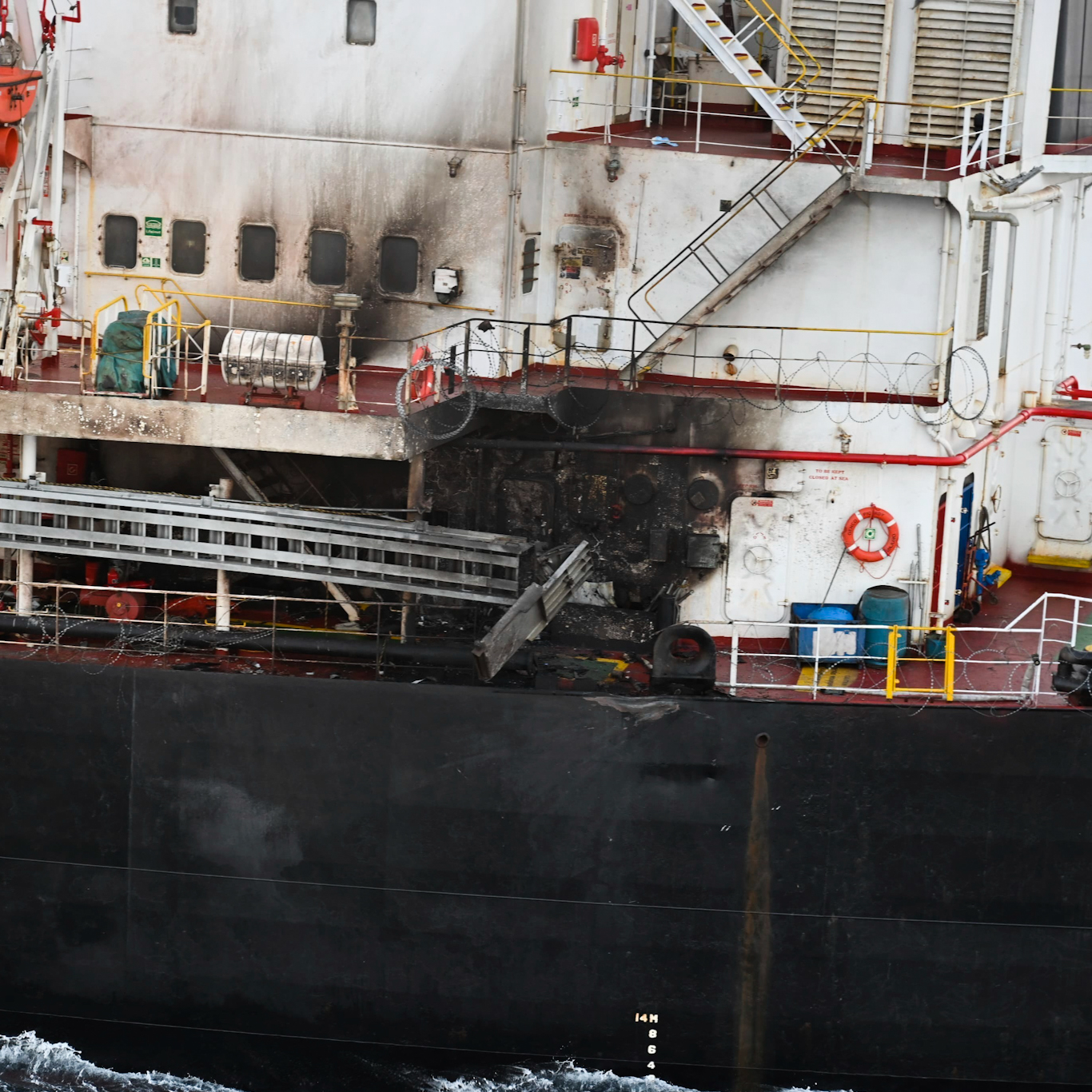
AN INEFFECTUAL CAMPAIGN
Despite the U.S. feckless bombing campaign and its specious justification, the leader of Ansar Allah, Abdul-Malik al-Houthi, has confirmed that operations in the Red Sea and the Bab al-Mandab Strait against Israel-linked ships will continue. In a televised speech on Tuesday, he said, “Our actions will escalate as long as the Israeli aggression and siege on the Palestinians continues. The correct solution is to bring food and medicine into Gaza, and continuing airstrikes will not benefit America, Britain, or Israel in any way.”
Al-Houthi blamed the actions of the White House for forcing Ansar Allah to target U.S. and British Naval ships near Yemen, saying, “The U.S. and UK’s involvement in Yemen will not protect Israeli ships, and for the first time since World War II, the Americans are exposing their battleships to being targeted.”
“The continued U.S. and UK aggression constitutes a violation of the sovereignty of an independent state, Muhammed AbdulSalam, the official spokesman for Ansar Allah, added, confirming that attacks will not prevent the Yemeni armed forces from continuing their support mission to Gaza, nor will the aggression be able to provide security for Israeli ships or those heading to the ports of occupied Palestine. “It is this American-British aggression that threatens international navigation in the Red and Arabian Seas and the Gulf of Aden,” he added.
ORIGINS OF A BLOCKADE
In a campaign they maintain is aimed at forcing Israel to allow food and medicine to be allowed into the besieged Gaza Strip, Ansar Allah’s forces have continued to target Israeli-owned, flagged or operated ships in the Red Sea and Arabian Seas, or those destined for Israeli ports. The latest such attack came last Tuesday when the Ansar Allah’s Naval Forces carried out two military operations in the Red Sea, the first against the American ship Star Nasia and another targeting the British ship the Morning Tide, according to the official spokesman for the Yemeni army, Yahya Saree.
Since November 19, when Ansar Allah’s maritime campaign began, the group has conducted at least 20 naval operations. More than 20 ships have been targeted, including three that were Israeli-owned, eight belonging to the U.S., four belonging to Britain, and ten that were en route to Israeli ports. Israel itself was not exempt; at least 200 drones and 50 ballistic and winged missiles have been launched against Israel from Yemen. These include sophisticated long-range ballistic missiles and drones such as the Toofan, a recently unveiled variant of the Zolfaghar mid-range ballistic missile, the Quds cruise missile, and the Samad drone. While relatively inexpensive to manufacture, these projectiles have challenged Western forces, who spend millions on sophisticated missiles to shoot them down, threatening to exhaust their stocks and incur a high financial cost in defense of Israeli interests.
It’s worth noting that Yemeni operations against American and British ships began in earnest only after Western forces started bombing Yemen. In its initial days, Ansar Allah’s campaign strictly targeted Israeli interests in support of Gaza, with Ansar Allah’s arsenal pointed at Israel’s Eliat Port. Washington responded by sending a massive naval flotilla to the Red Sea and with a slew of fiery statements by American officials. In the wake of this failed strategy of intimidation, the U.S. and Britain began launching missiles against Yemeni targets. It was only then that Ansar Allah began actively targeting U.S. and British naval assets.
Ansar Allah officials have reiterated their unwavering stance that the Red Sea is off-limits only to Israeli ships until Israel ensures the unfettered delivery of essential aid to Gaza. It remains open to international maritime shipping for countries not involved in supporting what the International Court of Justice has ruled in genocide in Gaza. Ansar Allah has also stated that operations will stop immediately as soon as medicine and food enter Gaza. Until this humanitarian goal is achieved, Ansar Allah officials maintain, the armed air, sea, and land forces will not only continue to target Israeli, American, and British ships but also escalate, even if it ultimately leads to a ground invasion of Yemen.
“THE CEMETERY OF INVADERS”
Asked about a possible U.S.-led ground invasion of Yemen, Brigadier General Bin Amer, who is also the author of the book “Yemen is the Cemetery of Invaders,” currently the most widely circulated book in Yemen, said, “The decision to invade a country like Yemen is certainly a difficult decision for any power. There are many factors and reasons that make those powers hesitate to make such a decision.”
Yemen’s terrain is the most rugged in the Middle East, posing a significant challenge to foreign invading forces. The country’s topography is characterized by steep mountains, deep valleys, and arid plateaus, creating a complex and challenging environment for foreigners, which complicates military operations and hinders the establishment of military infrastructure.
“Throughout history, Yemen has been the target of the ambitions of invaders, but the Yemeni people fiercely resisted all invasion campaigns and were able to defeat them and triumph over them in the end. The invaders on this land suffered great losses, and thus Yemen was nicknamed the cemetery of invaders.” General Bin Amer added.
According to Bin Amer, the Yemeni people do not accept occupation. They have a deep-rooted culture of independence. In addition, their battle today is a battle of principles and values that have religious, moral, and humanitarian considerations, adding, “There is a popular consensus on this battle, and the Yemeni people, in addition to being natural fighters and an armed people, have an additional factor, which is leadership that expresses this. [This factor] certainly has its importance regarding organization and management under such exceptional circumstances.”
Both in the streets and among the highest echelons of Ansar Allah’s leaders, there is a feeling in Yemen that its military actions in support of Gaza have been validated by the International Court of Justice’s ruling ordering Israel to permit the entry of “humanitarian assistance to address the adverse conditions of life faced by Palestinians in Gaza.”
But the likelihood of a Western-led ground invasion is still being taken seriously. Ansar Allah has undertaken an unprecedented military mobilization on a massive scale, including holding military courses, conducting maneuvers, and bolstering stocks of military equipment.
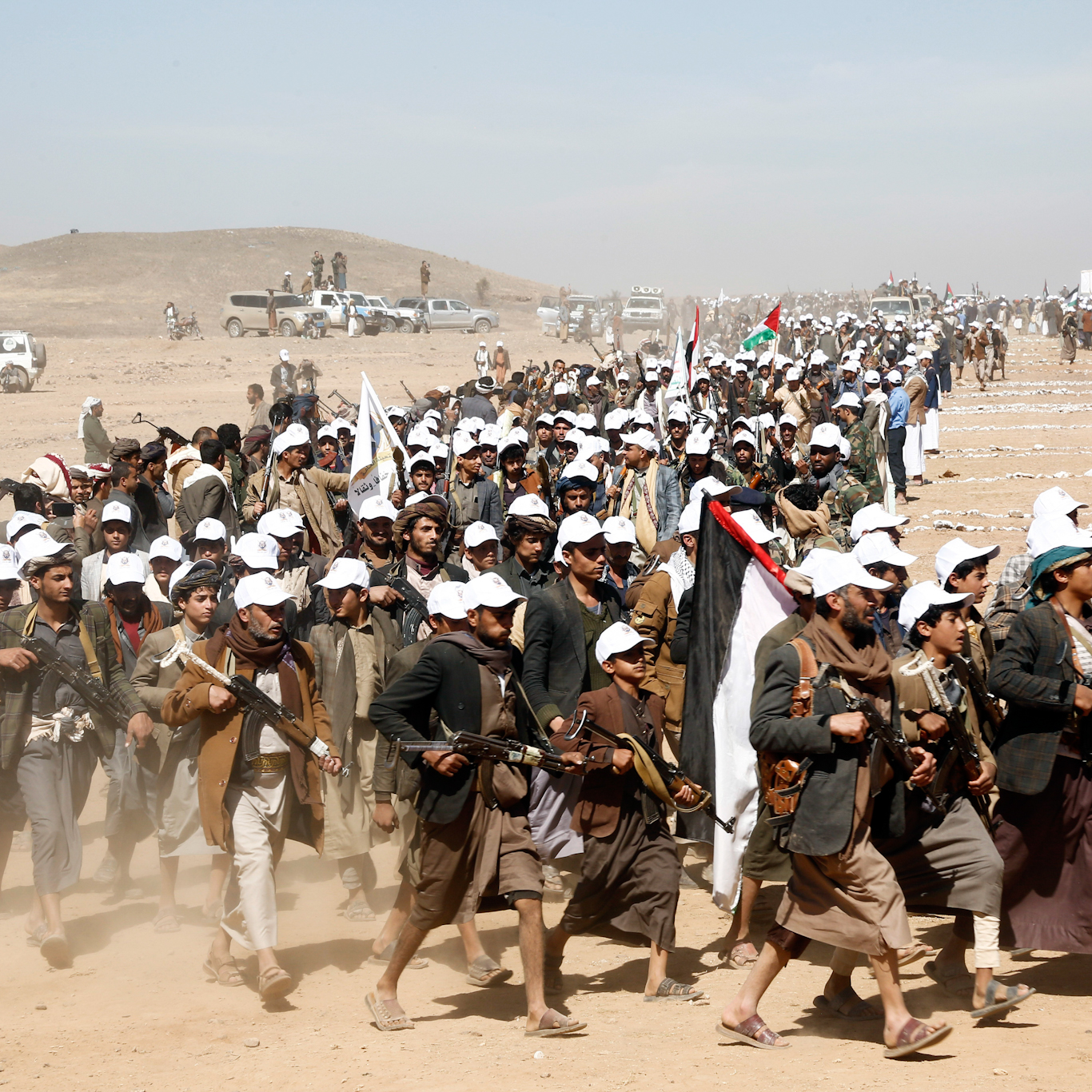
A DOCTRINE OF RESISTANCE
Although Yemen has garnered headlines in recent months for its defiant stance towards Israel, its support for Palestinians long predates October 7. MintPress spoke to Yemeni historical researcher Dr. Hammoud Al-Ahnoumi about the nature of Yemeni support for Palestine
In the wake of the second Palestinian intifada and the events of September 11 following the invasion of Afghanistan and Iraq, an indigenous Yemeni tribal group in the northern country began openly voicing its opposition to what it saw as the unjust colonial ambitions of Israel and the United States in the region. The group traces its roots to the Arab Hamdani tribe residing in northern Yemen and is a subdivision of the larger Banu Hamdan tribe.
Over the years, many northern Yemenis joined the group known now as Ansar Allah. It wasn’t until Ansar Allah’s power began to gain momentum that it was given the moniker “Houthis” by the West and dismissed as an Iranian proxy in a bid to demoralize the movement and alienate it from the local population. Yet Ansar Allah’s on the Palestinian issue cannot be understood without understanding its history and political formation.
The political doctrine of Ansar Allah has its roots in the eighth century, particularly in Imam Zayd (695–740 CE), the son of Ali ibn al-Hussain ibn Ali ibn Abi Talib. Imam Zayd initiated a revolution against the repressive Umayyad Caliphate that became a symbol of resistance to oppression that permeates Yemeni culture to this day.
Over the years, Yemenis internalized and embraced these ideals to such a degree that they became a central tenant in what would become known as the Shia Islamic sect of Zaydis. According to Zaydis, Imam Zayd became the second Imam (leader) after his grandfather, Imam Hussain ibn Ali, who was also killed in a struggle against an oppressive government in Karbala, southern Iraq, on the tenth of Muharram in 680 CE.
Loyalty, resistance to oppression and solidarity with the oppressed have become the main principle of their faith and how they see their duty to God, according to Dr. Al-Ahnoumi. For them, he explained to MintPress, standing in support of Palestine is compliance with their doctrine, which calls for resistance against oppressors and supporting the oppressed.
“Though they may coincide with Iranian Revolutionary ideals of resistance against tyrants and oppressors, and oppose [what they view as] American and Israeli arrogance and tyranny,” Ansar Allah act entirely independently, Dr. Al-Ahnoumi insisted.
A TINDERBOX
The fact that Ansar Allah’s operation in the Red Sea has been reduced by Western power to a binary question of freedom of navigation and framed in an Iran-centric geopolitical context bodes poorly for the chances of a peaceful resolution to the conflict. To avoid another disastrous war in Yemen and a U.S. quagmire in the Middle East, western political leaders and media alike must come to terms with the reality that is the tinderbox in Yemen.
Zaid Al-Gharsi, Head of the Media Department at the Presidency of the Republic of Yemen, blames Western leaders and media for distorting Yemen’s position. He urged media outlets and activists on social media, particularly in Western countries, not to take the White House’s narrative, which frames its bombing campaign as self-defense and protection of global navigation, at face value. The reality, he told MintPress, is “that America is an aggressor and an occupier that came from across the oceans to dominate, plunder, and destroy.”
Filed under: Britain, Palestine, USA, Yemen | Tagged: Anglozionists Sponsored Protests, Arabian Sea, Gulf of Aden, Hodeidah, Muhammed AbdulSalam, Operation Al-Aqsa Flood, Sayyed Abdulmalik Al-Houthi, Taiz, UK-US joint aggression, Yemen’s Red Sea blockade, Yemeni al-Bayda Governorate, Yemeni Ansarullah, Yemeni Army and Popular Committees, Yemeni Hajjah Governorate | 1 Comment »








